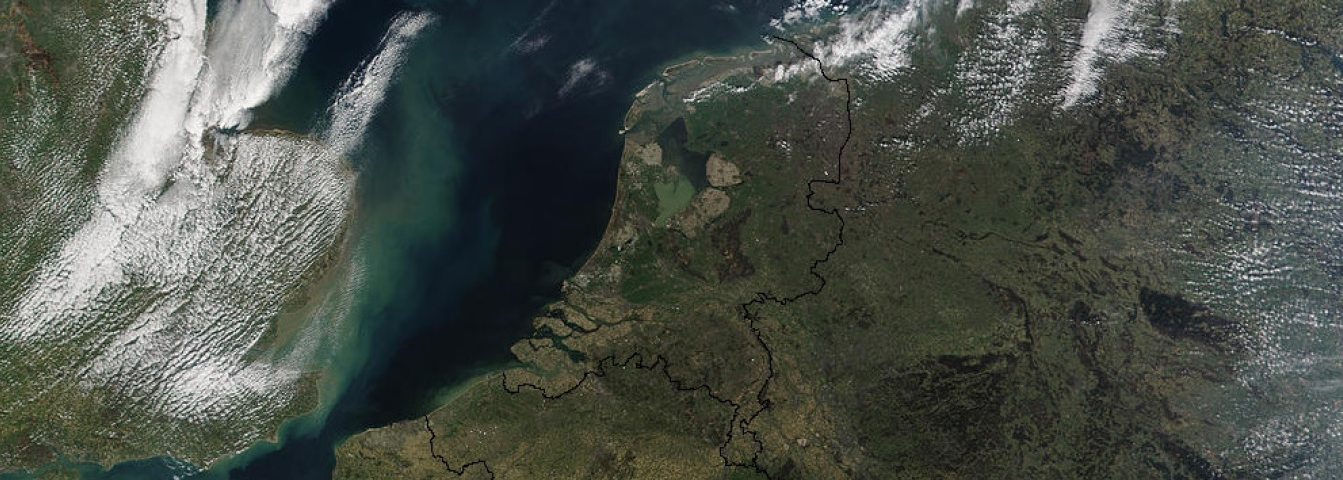Climate Action Programme lecture 'Modelling Future Deltaic Systems'
11 januari 2024 12:30 t/m 13:45 - Locatie: TU Delft tbd | Zet in mijn agenda
Our January event was part of the week-long Dies Natalis activities on “Redesigning Deltas.”
11 January 2024
Moderation: Marjolein van Esch
• Click here to look back at the recording of the lectures.
• Click here to download the presentation by Ties Rijcken
• Click here to download the presentation by Henk Schuttelaars
"21st Century Delta Works”
By Dr. Ties Rijcken (CEG Faculty)
 Ties Rijcken is senior researcher at the project Red&Blue, about climate risk and the built environment. Since 2008 Ties Rijcken has worked on concepts to keep the lower rivers, with the city and port of Rotterdam, safe under climate change and sea level rise.
Ties Rijcken is senior researcher at the project Red&Blue, about climate risk and the built environment. Since 2008 Ties Rijcken has worked on concepts to keep the lower rivers, with the city and port of Rotterdam, safe under climate change and sea level rise.
In his lecture he will present a selection of megaplans which have been developed by engineers and landscape architects over the last decades. He will decompose these plans and recompose them into an adaptive scheme to go forward under 1, 2 and more meters of sea level rise. The art of sea level rise adaptation is not about discovering the best plan, but about what a spectrum of future options means for concrete actions in the present.
"Modelling Future Deltaic Systems: Expect The Unexpected!"
By Professor Henk Schuttelaars (EEMCS Faculty)
 Professor Henk Schuttelaars is a faculty member at the Delft Institute of Applied Mathematics within the Faculty of Electrical Engineering, Mathematics, and Computer Science. Within the Climate Action Programme, he plays a role in the Flagship initiative: "Modelling Future Deltaic Systems" under the theme of Climate Governance.
Professor Henk Schuttelaars is a faculty member at the Delft Institute of Applied Mathematics within the Faculty of Electrical Engineering, Mathematics, and Computer Science. Within the Climate Action Programme, he plays a role in the Flagship initiative: "Modelling Future Deltaic Systems" under the theme of Climate Governance.
His research focuses on developing and analysing mathematical models aimed at comprehending the physical mechanisms that lead to specific observations in the field. Additionally, he investigates the influence of climate change and human interventions on these phenomena. During this presentation, he will emphasize the potential long term detrimental impacts of short-term human interventions on ecological values. Furthermore, he will discuss how a profound understanding of these mechanisms can aid in mitigating these effects.
